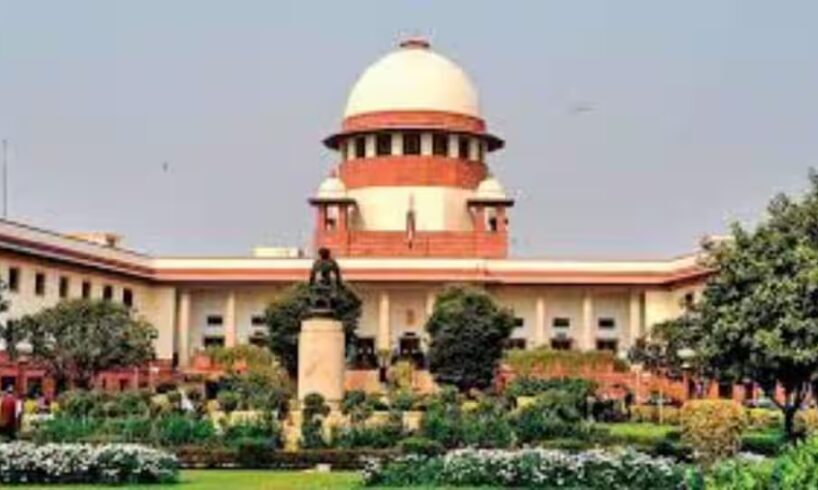
The Supreme Court of India has issued a comprehensive directive ordering a nationwide audit of all private, non-government, and deemed universities. The mandate required the Central Government, all State Governments, Union Territories, and the University Grants Commission (UGC) to disclose detailed information regarding the founding, regulation, and benefits granted to these institutions.
The directive was issued during the hearing of a petition filed by Ayesha Jain, a student, who accused Amity University, Noida, of refusing to update her name in official records. This grievance brought to light wider concerns over administrative transparency in higher education.
Source: A Student’s Struggle Becomes a National Mandate
Add Zee News as a Preferred Source
A sweeping audit was catalysed by the case of student Ayesha Jain, previously Khushi Jain. Her troubles in getting her name change officially recognized and updated by her university highlighted critical flaws in grievance redressal mechanisms.
“Ayesha Jain alleged that after her name change, Amity University failed to update records and refused to acknowledge her attendance, which resulted in serious academic repercussions,” said the case record, illustrating how common slow or non-responsive grievance response mechanisms are in Indian higher education.
Governance Scrutiny and Operational Transparency
The Supreme Court demands the fullest foundational and operational disclosure from each institution in areas where, traditionally, there has been opacity:
Foundational Mandate: It was stipulated that affidavits had to be provided to outline, for each university, how it came to be established and the statutory provisions permitting its creation, as well as any privileges or financial concessions coming from the state.
Governance Structure: The Court needs all individuals in positions of authority to be identified, the structure of decision-making entities, and the exact manner used in selecting the top officials.
Student/Faculty Operations: Details are needed regarding open and nondiscriminatory policies for admission and faculty selection and the administrative arrangements for monitoring day-to-day academic operations.
Focus on Finance: Checking ‘No-Profit, No-Loss’
Particular scrutiny has been given to financial transparency. The Supreme Court is seeking to examine the “no-profit, no-loss” principle hitherto proclaimed by the private universities:
Fiscal Verification: Programs have to provide documentation to confirm fiscal policies are indeed put into practice. The audit will find out whether university money is being diverted into personal enrichment or being spent outside of officially legitimate academic activities.
Expenditure Review: This is an in-depth examination of salaries, staff benefits, and non-academic expenditure.
Direct Accountability For UGC Oversight
The Court has placed direct accountability on the regulatory body, the UGC.
Regulatory Enforcement: The UGC is directed to explain not only its regulatory framework but also the practical enforcement of those rules across the institutions it oversees.
Non-Delegable Mandate: As a rare precedent for direct regulatory accountability, the Supreme Court made it clear that an affidavit has to be signed by the Chairman of UGC himself, and not by any subordinate officer. The intervention will be considered complete when accessible and effective grievance resolution systems for students and staff are proven to exist, and complaints are resolved in a timely manner, such that no struggles of an individual student serve as a symbol of broad systemic failures.
ALSO READ | National Guard Ambush Suspect Identified: All About Rahmanullah Lakanwal And The Attack Near The White House





